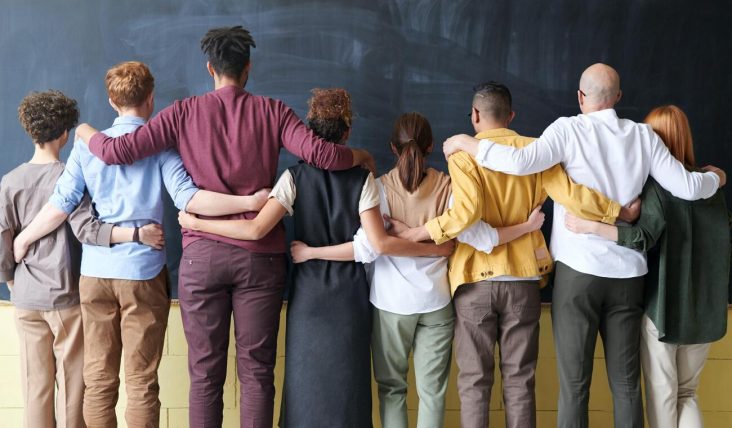Legislators want restrictions on teaching social justice, diversity
by January 21, 2021 6:14 pm 6,190 views

A bill to ban public schools from teaching or promoting division or social justice for certain groups of people is already causing controversy in the 93rd General Assembly. The bill’s sponsor, Rep. Mark Lowery, R-Maumelle, said the measure is necessary, while opponents call it un-American.
HB 1218 would prohibit certain classroom instruction in all Arkansas public schools including two-year colleges and four-year universities. Sens. Mark Johnson, R-Little Rock, and Gary Stubblefield, R-Branch, are co-sponsors of the legislation.
According to the language in the bill, “a public school shall not include in its program of instruction a course, class, event, or activity” promoting the overthrow of the U.S. government or promoting division between or social justice for certain groups of people – including race, gender, political affiliation, social class. If schools are found to be in violation, and do not rectify it within 60 days of the initial violation, the state would withhold up to 10% of the school’s funding until they are in compliance.
“The intention is – so that students, especially K-12 that are captive, are not subjected to humiliation in terms of trying to make a statement about whether there is inequality or inequity and that’s been happening in some of these programs using critical race theory,” said Lowery.
He added, the inspiration behind the bill is a certain classroom activity he claims is being taught in some Arkansas schools.
“One of the specific examples is what is called ‘the privilege walk’ – where all the students start in one line and a number of questions are asked,” said Lowery. “Do you have two parents, do you parents own their home, take steps forward and what it does then – it gives this definition of showing which students are supposedly privileged and which ones are not.”
An opponent of the bill is Arkansas’ 2019 Teacher of the Year, Stacey McAdoo, who said educators within the community know what is best, not legislators.
“To have individuals outside of those communities dictating what can be taught, what groups can be formed on your campus – again seems short-sighted, unconstitutional actually, and very ill-informed,” she said. “It [the classroom] should be a place where we help to foster creative and critical thinking skills and honestly that most frequently happens through discourse and examination of controversial and hard topics,” McAdoo said.
“Part of the reason that you have African American history class or that you have a gender study class or that you have a multicultural festival is because you have marginalized groups that are not included in the mainstream curriculum and in the educational system,” she added. “So again, the only way and the only individuals that this bill would benefit would be a same gender, same race school.”
Another opponent is Ali Noland, a Little Rock School Board member, who took to social media to express her concerns. Noland said she is not speaking on behalf of the board or district, but as a person in the community.
“Arizona recently defeated such a proposal, and rightfully so,” she wrote. “Ask yourself, under this bill, could a history teacher still teach about the Civil Rights Movement? Could an economics class discuss the gender pay gap? How about civics teachers? Can they teach their students about the 14th Amendment?”
“We can also say goodbye to the Fellowship of Christian Athletes, the Gay Straight Alliance, the Young Republicans, and the new Girls Who Code clubs. They too, could be seen as ‘promoting division,’” Noland’s post contends.
“What we’re talking about allowing are historical perspectives,” said Lowery. “Those are factual, those are not theoretical. There are things that in theory we have to look forward, but when you’re looking backward, you have the record.”
The bill does allow for Native American studies – required by federal law – to be offered. It also allows schools to teach the history of the Holocaust.
Rep. Lowery and Sens. Johnson and Stubblefield have also filed HB 1231, which would prohibit the use of public school funds to teach the 1619 Project. The 1619 Project is a long-form journalism project developed by the New York Times that centers on slavery and its consequences for Black Americans during the colonial period of U.S. history.
Editor’s note: Marine Glisovic is the senior political reporter for KATV.
